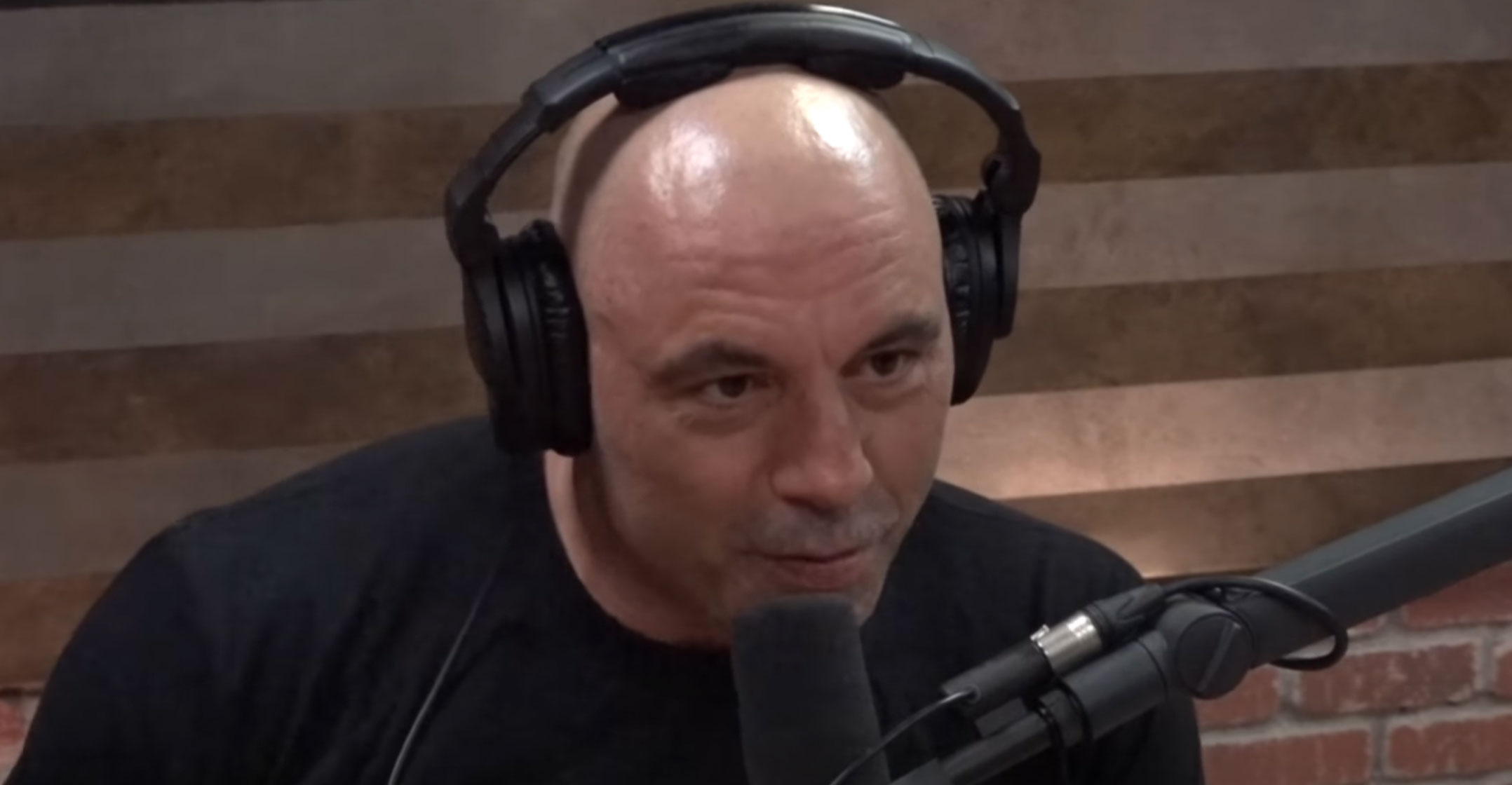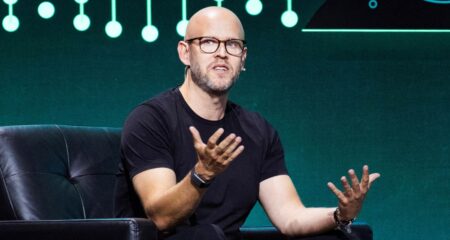
Spotify Technology CEO Daniel Ek apologised to staff for the impact the controversy over Joe Rogan’s podcast has had on them, but said he didn’t agree with calls to drop the broadcaster from the service.
“There are no words I can say to adequately convey how deeply sorry I am for the way The Joe Rogan Experience controversy continues to impact each of you,” Ek said in a letter to staff.
“Not only are some of Joe Rogan’s comments incredibly hurtful — I want to make clear that they do not represent the values of this company,” Ek said. “I know this situation leaves many of you feeling drained, frustrated and unheard.”
A video compilation of Rogan using the N-word circulated on Friday. In an Instagram post, Rogan described the video as “horrible” and said it was the “most regretful and shameful thing” he’s ever had to talk about.
Rogan apologised on Saturday for using the racial slur in past episodes of his popular podcast. Several episodes have since been removed from Spotify. He last week pledged more balance and better research for his podcast in a separate apology aimed at quelling growing controversy about misleading coronavirus information, which prompted musicians like Neil Young and Joni Mitchell to remove their music from the platform.
We should have clear lines around content and take action when they are crossed, but cancelling voices is a slippery slope
However, Ek backed the decision to keep Rogan on the service.
“While I strongly condemn what Joe has said and I agree with his decision to remove past episodes from our platform, I realise some will want more,” Ek said in the letter, which was reported earlier by The Hollywood Reporter.
“I want to make one point very clear — I do not believe that silencing Joe is the answer,” Ek wrote. “We should have clear lines around content and take action when they are crossed, but cancelling voices is a slippery slope.”
Instead, Ek said Spotify would invest US$100-million for the licensing, development and marketing of music and audio content from historically marginalised groups. — Peter Vercoe, (c) 2022 Bloomberg LP




